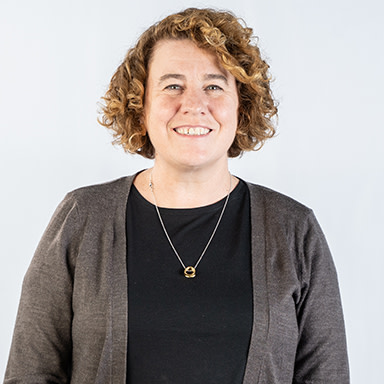
Leaders at this year's UN Transforming Education Summit (TES) have failed to deliver an actionable response plan to address the girls' education crisis.
Four young women — Malala Yousafzai, Somaya Faruqi, Vanessa Nakate and Yelizaveta Posivnych — addressed leaders attending the United Nations Transforming Education Summit (TES) to make one thing clear: girls’ education is in crisis. Yet despite many proclamations in support of education, youth participation and gender equality, leaders failed to deliver an actionable plan to meet girls’ demands.
The education sector had high hopes for TES. As a unique event that aimed to bring together Heads of State to discuss education for the first time in decades, it seemed to be an opportunity to drive momentum to recover learning losses after the shock of COVID-19.
Last month, Malala Fund outlined the key deliverables needed for the summit to drive transformative change for girls’ education. These included leaders valuing girls’ voices, agreeing to protect girls’ rights in Afghanistan, establishing a fair global compact on education and committing to accountability mechanisms. How did TES match up to these four demands?
Girls’ education and gender equality were an afterthought; the U.N. added a gender spotlight session on these topics at the last minute after concerted lobbying efforts from civil society. With little time to prepare, many activists could not secure visas in time and the few available U.N. passes kept many excluded. Young women did end up leading a powerful session in the opening ceremony. However, with many heads of state and ministers absent, girls had few opportunities to challenge leaders directly.
Leaders need more of a push — especially to act on Afghanistan, the only country in the world with a ban on girls’ education. While several individuals — including Gordon Brown, Secretary General Antonio Gutierrez, Deputy Secretary General Amina Mohamed and Director General of UNESCO Audrey Azoulay — made direct entreaties to the Taliban to end the now yearlong ban on girls’ secondary education, the summit did not elicit any commitments on humanitarian funding or on coordinated diplomatic pressure on the regime.
A fair global compact did not emerge from the summit. During the opening segment, Dr. Julius Maada Bio, President of Sierra Leone and Co-Chair of TES, described how his country exceeds expectations on education spending and has pioneered gender-inclusive policies, but lacks the funding needed to fulfil their ambitions. This is a common refrain among low-income countries. Malala Fund’s Girls’ Education Report Cards highlight how high-income countries often fail to meet agreed targets for education aid. Education financing was central to many discussions at TES, but few governments committed new money to help students learn.
Accountability and follow up for TES will be led by the SDG4 High-Level Steering Committee, under a framework that brings together seven TES calls to action. New commitments under TES will be linked to pledges from past summits such as the G7 and G20. This is positive, but adolescent girls and upper secondary education could feature more strongly. Whether this will put enough pressure on leaders to result in tangible progress for girls’ education remains to be seen.
In her remarks, Malala challenged attendees to use the power they hold to create a more equal future: “How many more generations are you willing to sacrifice? How long will you make us wait for what you promised? How many times must we stand on this stage to be heard?”
We don’t know the answers, but the Transform Education Summit did not offer reassurance that this will be the last time she and girls around the world will need to make such an appeal.
